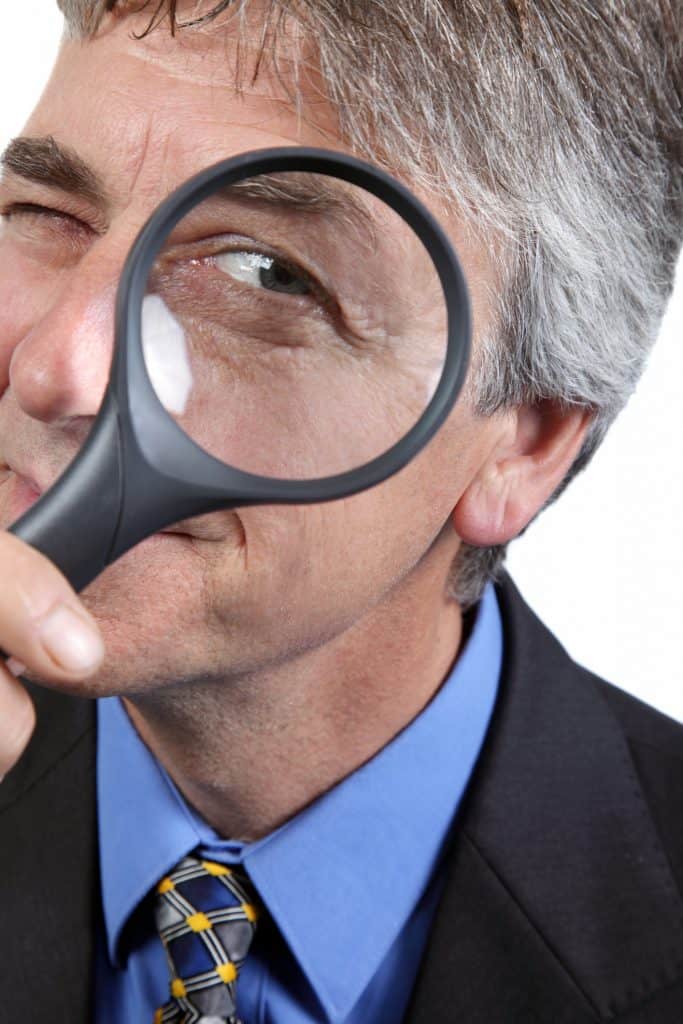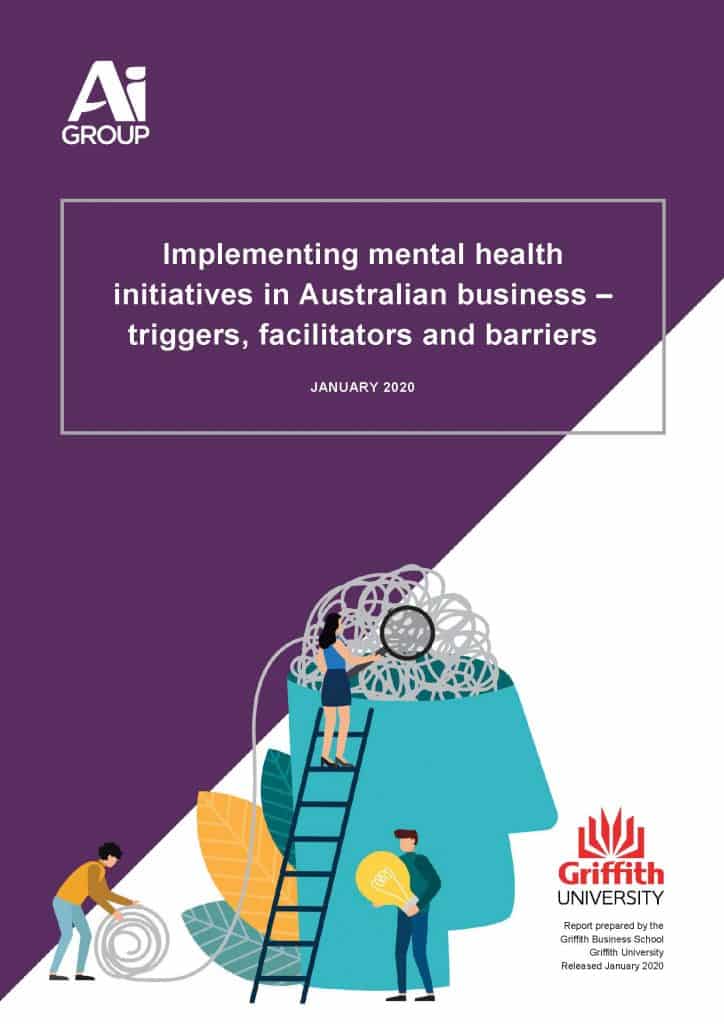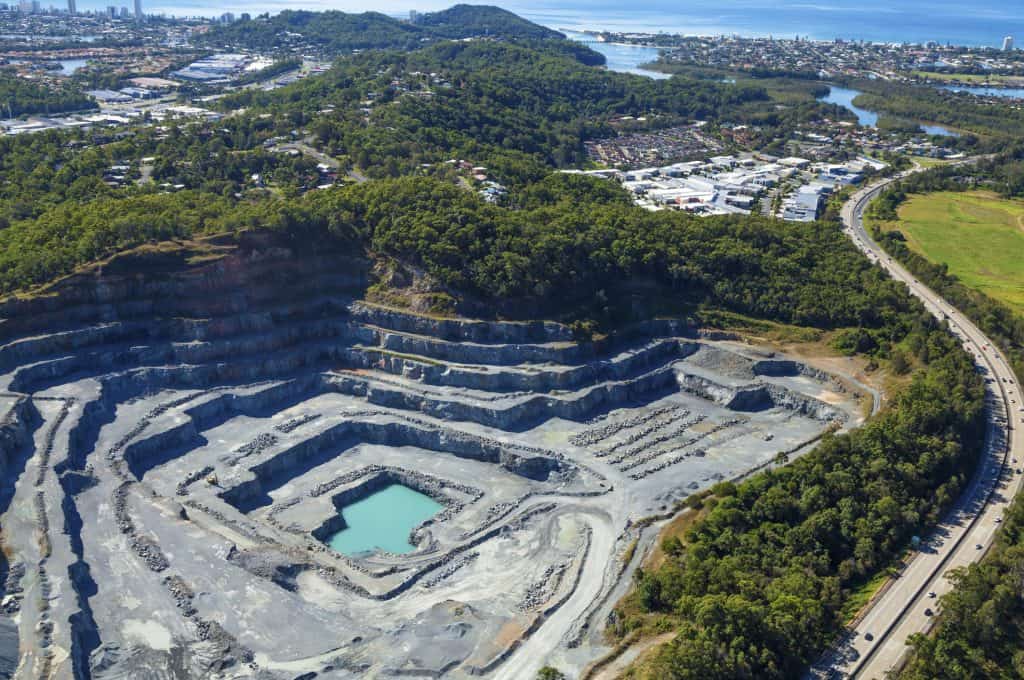
The Medical Journal of Australia (MJA) published an opinion piece on January 20, 2020 concerning working hours in the medical profession and the risk of mental health and suicide from working excessive hours. It uses the Japanese problem of “karoshi” to illustrate the severity of the workplace risks but it misses a couple of points.
It references the amendments to Victoria’s Occupational Health and Safety (OHS) legislation that introduced an offence of Industrial Manslaughter but implies that this amendment changes the duty of care expected of employers and changes a worker’s right to a safe and healthy workplace.





